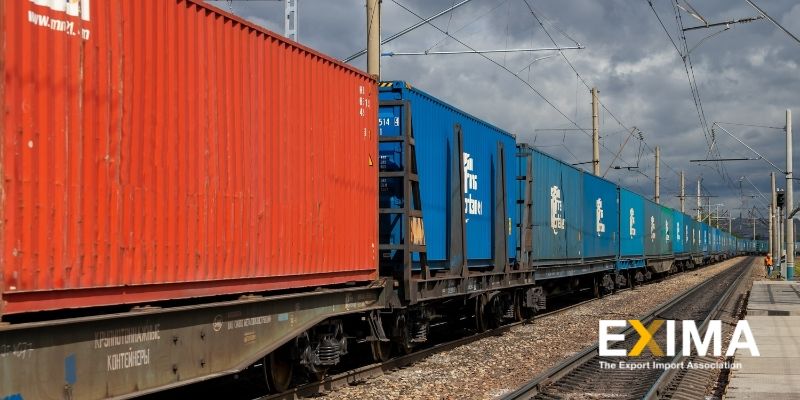Have you noticed that energy prices have gone up? You probably have because you now have to pay more for fuel. In fact, you now have to spend extra for a variety of things: inflation in the US has reached 6.2% this year, while it is 4.2% in the UK. Things have certainly become more costly worldwide.
Supply bottlenecks are one of the main reasons behind this. It has become difficult to obtain certain items that used to be relatively easy to obtain. Ports are overcrowded, shipping containers are scarce, there are not enough truck drivers, and manufacturing simply cannot keep up with the demand. This is particularly problematic for economies that rely heavily on international trade, such as Germany.
Slowdown in Factories
German manufacturing activity has slowed down in the third quarter. Manufacturing accounts for about a fifth of Germany’s economy. Factories reported a drop in new orders and output constraints. The IHS Markit’s Final Purchasing Managers’ Index (PMI) for manufacturing is a measurement for that. It stood at 58.4 in September, down from 62.6 in August.
The slowdown in manufacturing took many by surprise. Germany’s factories have made it relatively undisturbed through the pandemic. Even the lockdowns, of which there were many in Germany, haven’t caused major disruptions in the manufacturing sector, contrary to the services sector. Also, earlier this year, activity actually accelerated, mainly caused by strong demand from the US and China.
So why have things changed now? The answer is that shortages mean there are just not enough materials to keep manufacturing going. Companies have to slow down their production facilities.

Shortages of Input Goods
Especially shortages of intermediate goods like semiconductors and some raw materials have had an impact on German manufacturing. Much of the country’s factories produce high-tech goods that rely on technological supplies like microchips. Many of such products are pre-manufactured in Asia, where the delta variant of the COVID virus has led to factory closures.
As a result, there is less supply, and input costs have gone up. That has also put pressure on manufacturers to increase prices – a major reason for the current inflationary trends.
Easing in 2022
On a more optimistic note, the rate of input price inflation might now have peaked, according to the IHS Markit. It is therefore likely that pressures will start decreasing in 2022.
Additionally, manufacturing hubs in Asia are getting ahead of the pandemic, and production there has also increased. There is no doubt the shortages will continue into the next year, but the pressure will likely start easing.
EXIMA’s ultimate goal is to provide our users with all the knowledge we have on international trade. For more trading information, make sure to check out our other articles today!









